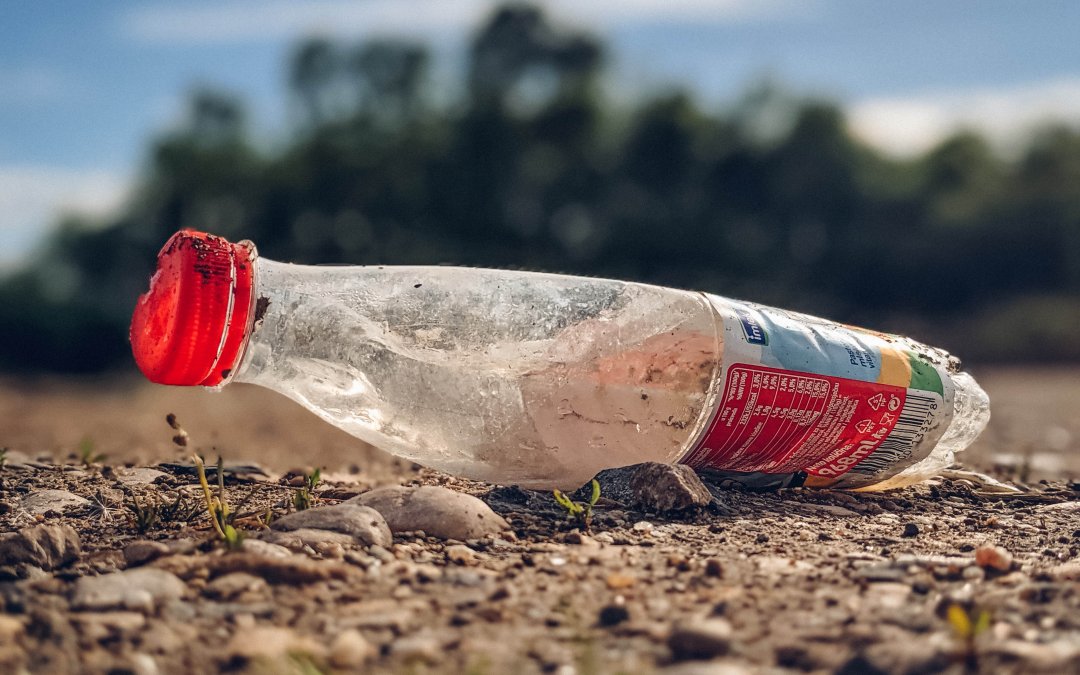WASHINGTON – Senator Jeff Merkley (D-Ore.) led a subcommittee hearing on Thursday that explored the need for a national policy on deposit return for beverage containers to help decrease packaging waste, such as plastic.
“More and more, it makes that blue bin in my kitchen look to me like a prop,” said Sen. Sheldon Whitehouse (D-R.I.), referring to the state of the current recycling system in the United States. “That is a prop in an essentially fraudulent scheme to make American consumers think that they can buy all the plastic they want for as long as they want.”
A deposit return system would mean that when consumers buy a beverage container, part of the cost is a refundable deposit that they can get back when they return the empty container to be recycled.
“The inability to effectively recycle beverage containers in most states is increasingly contributing to our plastic pollution, marine debris, and climate crises,” said Susan Collins, president of the Container Recycling Institute. She pointed to a national deposit return system as the best solution that would address these issues.
Deposit return systems, or bottle bills, are currently in place in ten states. Oregon, Merkley’s home state, is behind the most successful one with a nearly 90% redemption rate.
Oregon’s Bottle Bill was created more than 50 years ago and included a 5-cent refund for empty beer and soda containers. There is now a 10-cent refund and glass, metal and plastic beverage containers are accepted.
“The challenge is that no federal system can be one-size-fits-all,” said Jules Bailey, president and CEO of the Oregon Bottle Recycling Cooperative (OBRC), in an interview before the hearing. “I think the principle here is that the government needs to set an outcome that it wants and assign the responsible parties and then leave the rest to individual states and the private market to figure out how to best meet those outcomes.”
A deposit return system emphasizes extended producer responsibility. OBRC, owned by beverage distributors, operates the return system spanning redemption centers, trucking, material processing, and marketing. The program uses no taxpayer money and is instead funded by industry.
“I like the bottle bills where the bottlers pay for the handling and processing of their material and not the consumers because it makes them have to think about what it is they’re doing,” said Jackie Nuñez, the founder of The Last Plastic Straw and advocacy and engagement manager for the Plastic Pollution Coalition. “If plastic is the only thing they can make their bottles out of and they think that’s a feasible thing, well, they have to pay for the true cost of that.”
Nuñez said that she is reminded of when, in 1956, Modern Packaging magazine editor Lloyd Stouffer said in an industry gathering that “the future of plastics is in the trash can.”
“If you convince people to throw it away, you have a whole other market. And look at where we are today,” Nuñez said.
She wants more significant action. She said that single-use plastic should be taken out of the recycling system altogether and instead be regulated and handled as the toxic waste that it is.
“[Industries] like to focus the conversation on ‘plastic waste’. It’s always a ‘waste’ or a consumer compliance problem for recycling, focusing on the downstream,” Nuñez said. “It’s a wasteful plastic problem, and pollution by design. The whole system and its profit model is based on waste. That’s where it needs to change.”
Near the end of the hearing, Merkley said he challenges each of the witnesses to later lay out the basics of what a national framework would look like, one that leaves flexibility to the states.
“I know that there’s a number of my colleagues across the aisle who really have started to see the impact of plastics, especially on the ocean states, and would like to ponder if there’s a framework that could make sense, both as good policy and perhaps good politics,” Merkley said.


